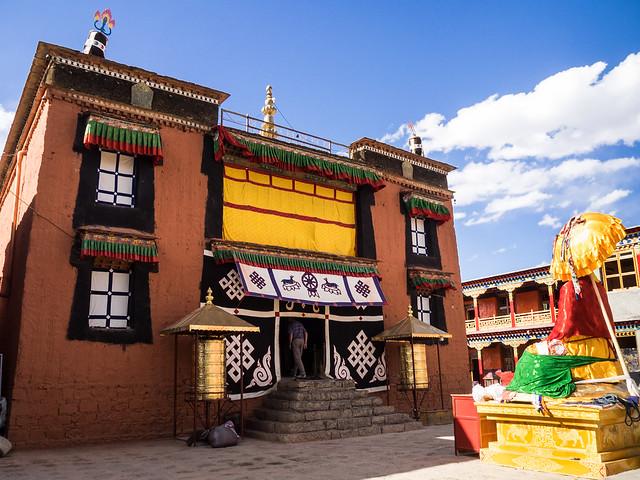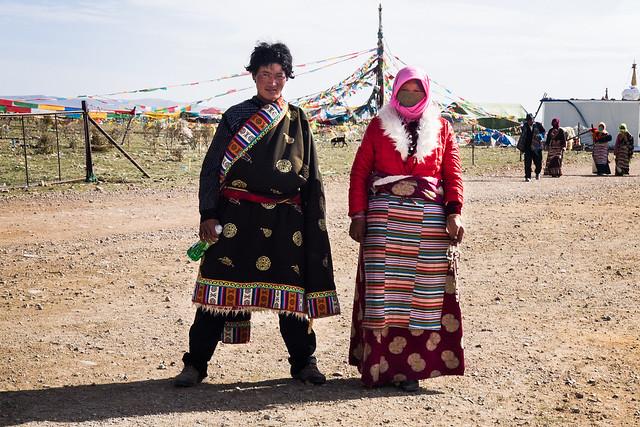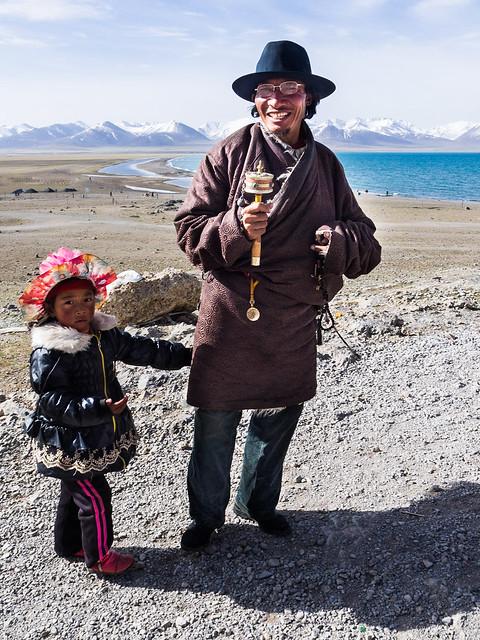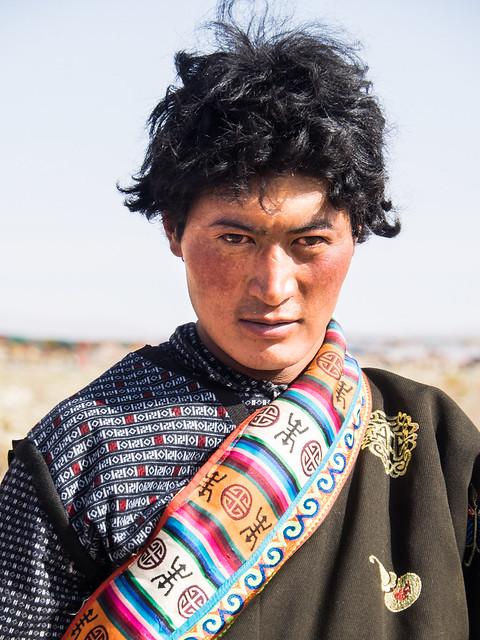



Nagqu Diqu
Overview
Nagqu Diqu, located in the heart of the Tibet Autonomous Region, is a city that embodies the rugged beauty and rich cultural tapestry of the Tibetan plateau. Nestled at an elevation of approximately 4,500 meters (14,800 feet), Nagqu serves as a pivotal hub for travelers seeking to explore the unique landscapes of Tibet. The atmosphere of the city is defined by its stunning natural surroundings, including vast grasslands, snow-capped mountains, and the famous Tibetan yak herding culture, which contributes to the charm and allure of this remote destination.
Cultural Significance
The culture of Nagqu is steeped in Tibetan traditions, with a strong influence from Buddhism that permeates daily life. The vibrant local festivals, such as the Nagqu Horse Racing Festival, attract both locals and tourists, offering a glimpse into the traditional lifestyle of the Tibetan people. This event, typically held in late summer, features thrilling horse races, traditional music, and colorful costumes, allowing visitors to immerse themselves in the region's rich heritage. The city is also home to numerous monasteries, where travelers can witness the devout practices of monks and the intricate rituals that form the backbone of Tibetan spirituality.
Historical Significance
Nagqu has historical importance as a crossroads for trade and cultural exchange between Tibet and neighboring regions. During the ancient Silk Road era, it played a vital role in the movement of goods and ideas. The region's history is reflected in its architecture, with ancient stupas and temples scattered throughout the area. The historical influence is palpable, and visitors can explore sites such as the ancient ruins of the Guge Kingdom and other archaeological remnants that tell stories of a time when this region thrived as a center of commerce and spirituality.
Local Characteristics
The local characteristics of Nagqu are shaped by its geographical and climatic conditions. The city experiences a plateau climate, characterized by cold winters and cool summers, making it an ideal destination for adventure enthusiasts year-round. The surrounding landscapes are dotted with nomadic herders, who often set up camps with their yaks and sheep, providing visitors with opportunities to experience authentic Tibetan pastoral life. The local cuisine, which includes hearty dishes like tsampa (roasted barley flour) and yak butter tea, offers a taste of the region's culinary traditions, often enjoyed in communal settings that reflect the strong sense of community among the Tibetan people.
Atmosphere and Accessibility
The atmosphere in Nagqu is one of tranquility and simplicity, with the breathtaking backdrop of the Tibetan Plateau offering a sense of peace and connection to nature. The city's relatively remote location means it is less crowded than other Tibetan destinations, allowing for a more intimate experience with the local culture. While access to Nagqu can involve a scenic journey through winding mountain roads, the stunning vistas of rolling hills and expansive grasslands make the trip worthwhile. Travelers can reach Nagqu by train, with the Qinghai-Tibet Railway providing a unique high-altitude travel experience, or by bus from Lhasa, the regional capital.
Nagqu Diqu is a destination that promises to enchant and inspire, offering a rare glimpse into the heart and soul of Tibetan culture amidst some of the most awe-inspiring landscapes on Earth. Whether you are drawn by the spiritual richness, the historical depth, or the breathtaking natural beauty, Nagqu invites you to explore its unique offerings and forge unforgettable memories in this captivating corner of the world.
Other towns or cities you may like in China
Explore other cities that share similar charm and attractions.



